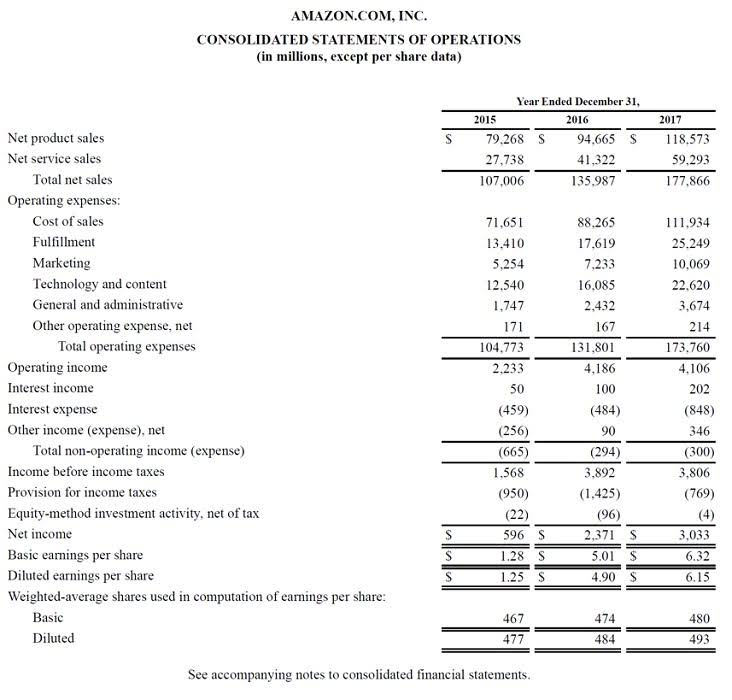
Whether you’re a small business owner needing to file taxes or an individual managing personal finances, this process provides a clear view of where you catch up bookkeeping stand financially. Catch-up bookkeeping refers to the process of updating and organizing past-due financial records to bring them up to date. Whether you’ve missed a few months or an entire year, catching up is crucial to maintaining financial health and compliance. Schedule regular reviews of financial records to identify any discrepancies or anomalies promptly. Set up automated alerts and notifications within your accounting software to flag potential issues or irregularities. Investing in advanced tools like Microsoft Copilot for accounting software is crucial for modernizing your financial management processes, offering new levels of efficiency and insight.
- Both processes can be lengthy and require accuracy to ensure that the records are accurate and adhere to accounting standards.
- At the very least, you should have a business bank account and use this account for any transactions that involve your company.
- By linking your bank accounts and automating transaction tracking, you can reduce manual data entry and make it easier to catch up on missed records.
- Reconciliation helps identify any discrepancies or errors in your financial records, allowing you to correct them and ensure accuracy.
- You can also use this comprehensive list of small business tax deductions to double check that you’re tracking and claiming every deduction available to your business.
- You might want to choose software that aligns with your business needs and, which is no less significant, integrates with your existing systems.
First Month Bookkeeping Free!
Consistency is key to maintaining accurate and up-to-date financial records. For businesses, this may also involve reconciling payroll, invoices, and inventory records to ensure that your financial statements are accurate. You’ll want to double-check that every transaction is recorded correctly, with the appropriate category and date. Errors in reconciliation can lead to an QuickBooks inaccurate financial picture, so take your time to ensure everything matches up.

Advantages of Updated Records

Catch-up bookkeeping is a strategic move to https://www.bookstime.com/ reclaim your financial standing. In this article, we will discuss all that you need to know about catch-up bookkeeping, its importance, how it differs from clean-up bookkeeping — and _how _to start with it. Learn its importance, distinctions from clean-up bookkeeping, and how to begin your financial recovery journey. In fact, if you’re looking at hiring a professional bookkeeper, look no further. In fact, manual record-keeping used to be the status quo until the recent age of digital technology. More importantly, Tina used the insights gained from the process to make strategic decisions about inventory management and marketing, leading to increased profits the following quarter.

Catch-Up Bookkeeping Services: Factors to Consider

Keeping separate accounts also simplifies tax preparation, aids cash flow management, and yields accurate financial statements. Ideally, the two numbers should match, but if they don’t, you’ll need to address any errors to ensure that your financial records are accurate. In many cases, this is the step that adds time to the catch-up process, since your accountant will have to spend a while sifting through your financial data.
- We’ll help you to get caught up and give you the tools to remain current on your books in the future.
- If you haven’t kept up to date with your bookkeeping, catch up bookkeeping is the solution you need.
- Accuracy in record-keeping directly translates to better, more informed business decisions.
- This is where many people feel overwhelmed, especially if their records are scattered across various platforms, accounts, or even physical documents.
- Classifying expenses and revenue will allow you to see previous business activities and investigate spending and earning tendencies.
Prolific Financials offers catch-up bookkeeping for small businesses and we can give you a free estimate with just copies of your bank statements, and Accountant access to QuickBooks. Yet, many entrepreneurs find themselves in a situation where they need to play catch-up with their bookkeeping. Whether you choose to handle the process yourself or hire a professional, keeping your bookkeeping up to date is essential for the long-term success of your business.
Step 2: Reconcile your bank accounts
- However, catching up on a year’s worth of financial records and reconciling discrepancies could cost thousands of dollars in bookkeeping services.
- If not, then for the duration you’ve been using these modes of payment, you haven’t been tracking the money going in or out.
- This step is crucial for ensuring that you don’t miss any transactions and that your financial records are accurate.
- Effective organization of catch up bookkeeping is crucial for businesses to understand their finances, make decisions based on correct data, and meet legal requirements.
- Common errors may include duplicate entries, missing transactions, or misclassified expenses.
- However, while catch-up bookkeeping can help retain control over finances, hiring an accountant may be a better long-term solution.
- If you’ve missed recording income, expenses, or other financial transactions for a significant period, it’s time to catch up.
Streamlined bookkeeping practices contribute to informed decision-making and long-term business success. Catch up bookkeeping allows businesses and individuals to accurately report income, claim deductions, and fulfill tax obligations on time. Besides, it facilitates tax planning strategies, such as identifying deductible expenses or maximizing tax credits, to optimize tax liabilities. After identifying and correcting errors, adjustments may be necessary to reflect the real financial position of the business. Adjusting entries may involve accruals, deferrals, or corrections to ensure that financial statements accurately represent the financial performance and position of the business. In today’s digital environment, the catch-up bookkeeping crew must be knowledgeable about and comfortable with various bookkeeping software and tools.
